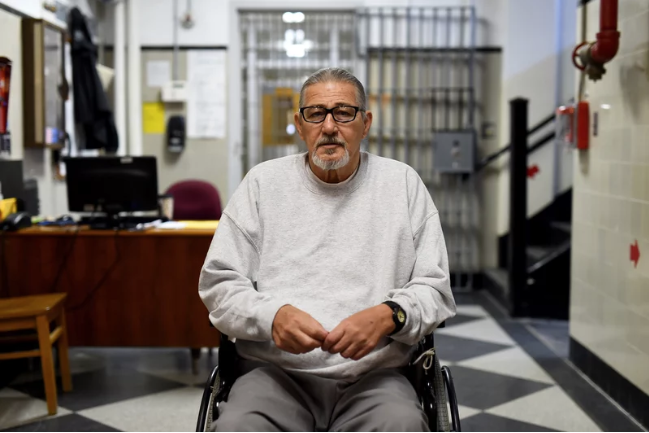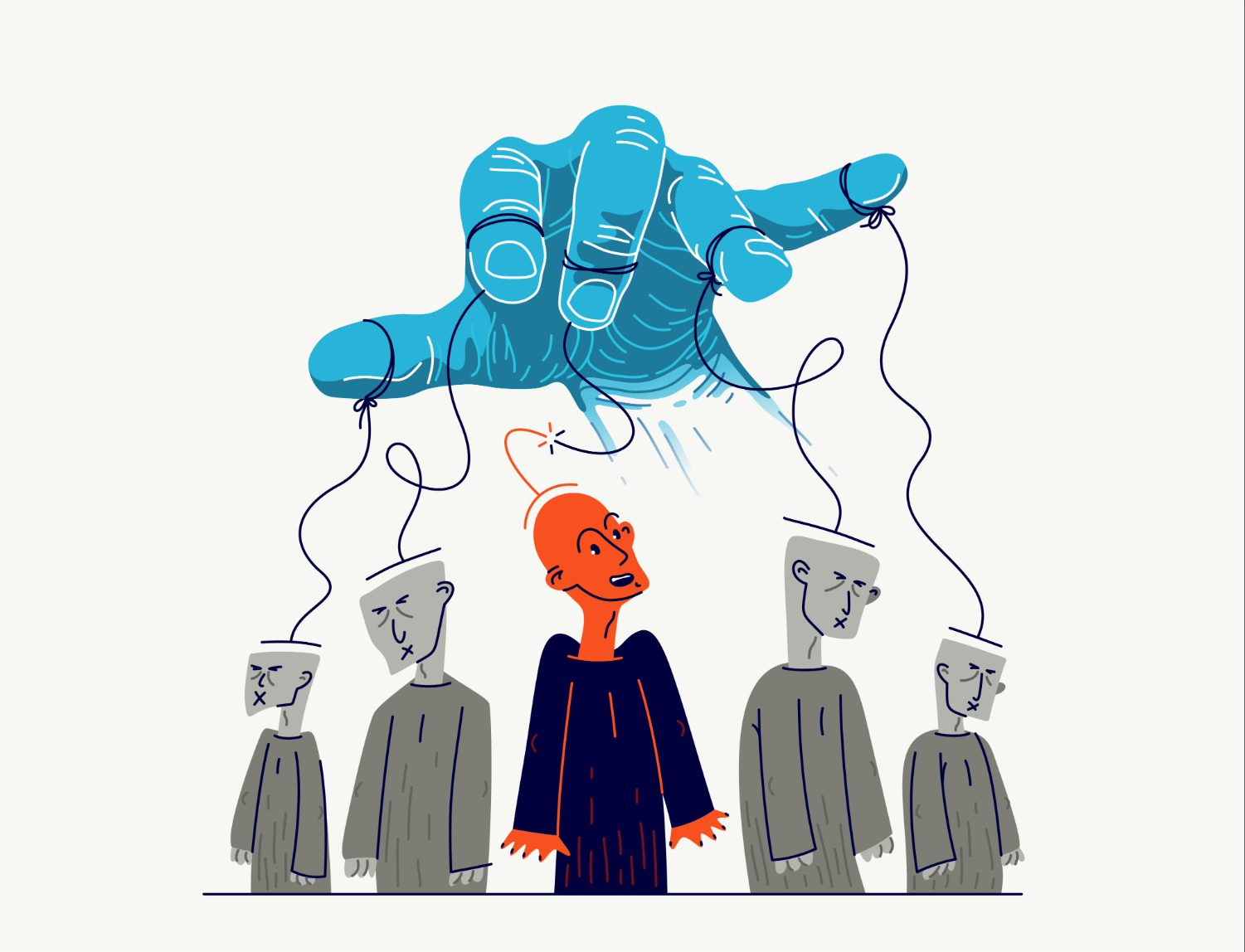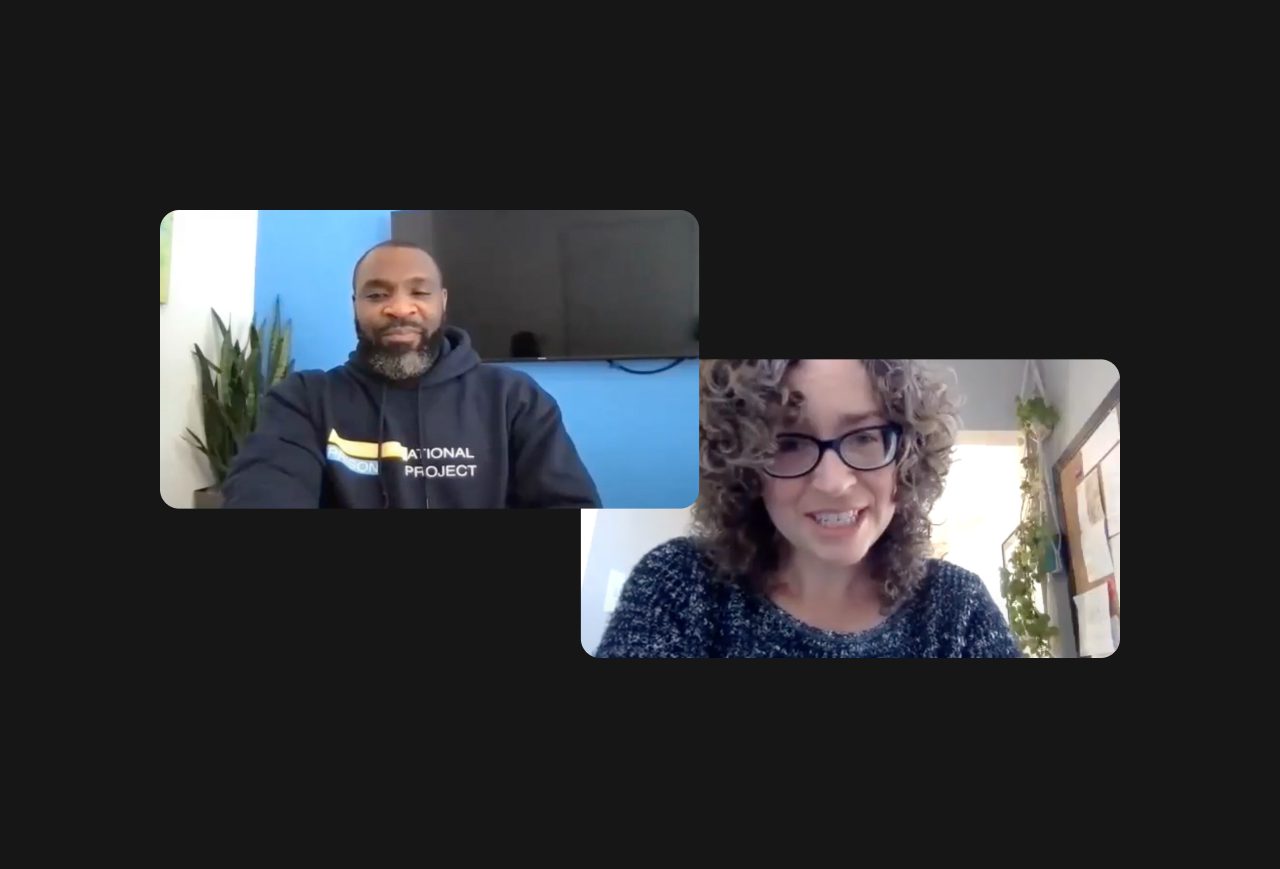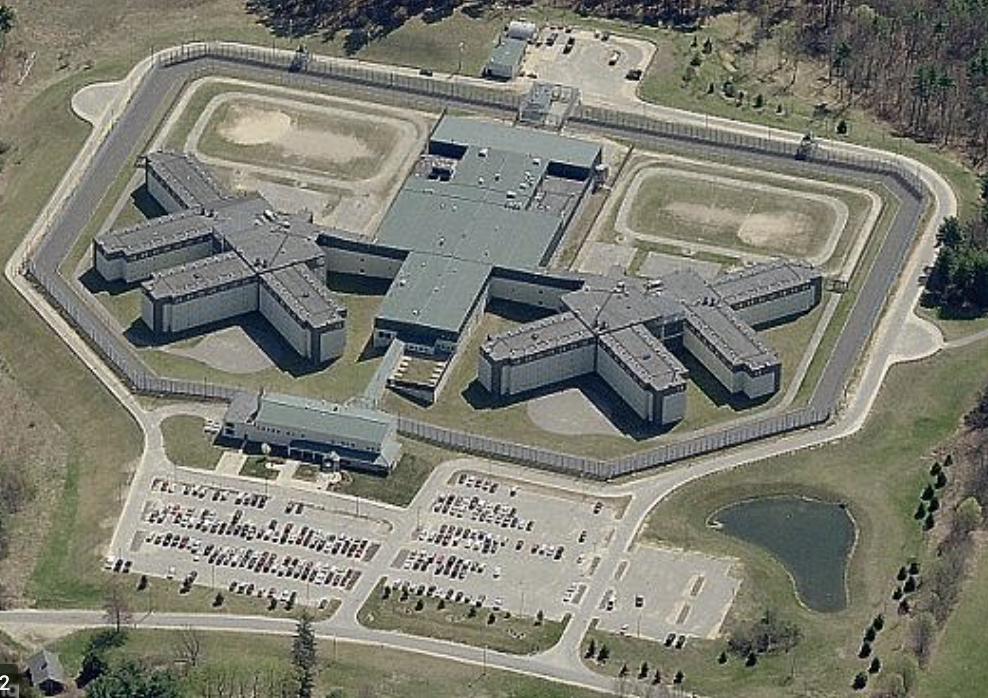Writing in 2005, Erik Luna contributed an apt characterization of American mass incarceration: “the escalation of ‘law and order’ politics in recent years has created a one-way ratchet in U.S. governance, churning out an ever-increasing number of crimes and severity of punishments” (pg. 719). This approach to criminal justice dominated for decades, beginning in the 1970s. “Reform” was possible – but only to make the law more punitive.
In Massachusetts, the one-way ratchet loosened its grip with the passage of the 2018 Criminal Justice Reform Act (CJRA). But a key tool left untouched is clemency: the Governor’s capacity to lessen a criminal sentence. Clemency does not forgive a crime, it simply opens a door if the Governor and his Council choose to act. Clemency has been largely abandoned within Massachusetts for some time. In 2021, the Massachusetts Bar Association (MBA) issued a report urging then-Governor Charlie Baker, to re-examine clemency guidelines. Clemency, they wrote, “is an exercise in mercy….” (pg. 3) that opens the prison door for someone who is innocent, was sentenced harshly, has rehabilitated, become old or ill, and posed no threat to the public. Gov. Baker did not revise the guidelines, and rarely used his clemency powers, including as a potential means for reducing the population of highly vulnerable in prison at the height of the COVID pandemic.
This year, the responsibility belongs to new Governor, Maura Healey. If she chooses, Gov. Healey would not have far to look for suggestions about how to apply clemency or who to consider for it.The MBA is encouraging the Governor to revise the guidelines. Pauline Quirion, co-chair of the Massachusetts Bar Association Clemency Task Force, has argued that the current ones “tip the scales in favor of denials of petitions” and need to be modernized.
The MBA has urged that clemency be used especially as part of recognition of the racial biases that have defined the state’s criminal justice system, and which was documented in “Racial Disparities in the Massachusetts Criminal System,” a report submitted to former Chief Justice of the Supreme Judicial Court of Massachusetts, Ralph Gants. Families for Justice as Healing has recommended women who should be considered for clemency, based on recognition that women in prison “are separated from their children, grandchildren, and families. Women in prison are subjected to isolation; a culture of punishment and deprivation; and sexual harassment, abuse, and assault. Women deserve a second chance to come home to their communities where they belong to live a life of dignity and purpose.”
And the Lifers Group at MCI-Norfolk issued a request that the Governor consider clemency for a group of incarcerated men who were sentenced to life without parole, and today are over age 70, most of whom have spent their entire adult lives inside prison and are now in poor health.
In Massachusetts, there are many such elders behind bars. While the state boasts one the country’s lowest incarceration rates (a rate that still places it relatively high on a global scale), it also has the second highest percentage of elderly within its incarcerated population. According to the MA Department of Correction, in 2022, the latest year for which data is published, 16% of the incarcerated population in the state, or 949 people, are over age 60. Some of them live in nursing and elder care units inside the walls. In 2018, journalists Chris Burrell and Jenifer McKim of GBH interviewed social worker, Elizabeth Louder who works with incarcerated people needing nursing care. She stated:
We have individuals who are full care patients that may be post-stroke or in complete quadriplegia that just require our full care — with everything — dressing, changing, and diapering. And then we have patients who suffered from dementia and they are just confused.
“Tempering the Cost of Care,” GBH, August 1, 2018.
One can make arguments for releasing the elderly based on any number of logics: economics – it is costly to incarcerate the elderly; or low recidivism rates – nationally, around 5% for people released aged 50 – 64, and less than 1% for those over 65 — as people age out of crime. But the strongest reason is the simplest: clemency means that we, as a society, reject the idea that endless punitiveness is a virtue. Elders should go home, spend their final days, months or years without shackles.
Image: George McGrath, age 70, lives at MCI-Norfolk. (Meredith Nierman/WGBH. Available at https://www.npr.org/2018/08/01/630515551/tempering-the-cost-of-aging-dying-in-prison-with-the-demands-of-justice)



